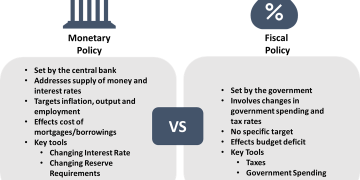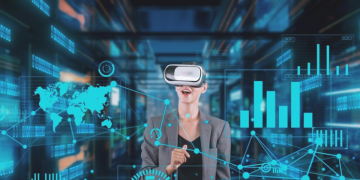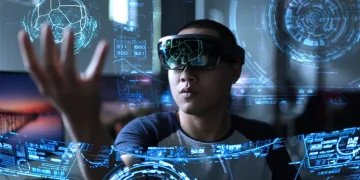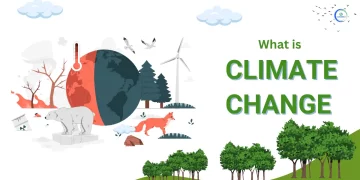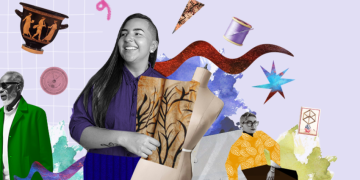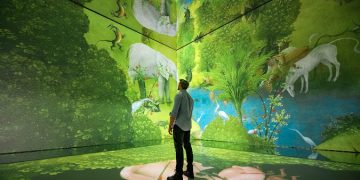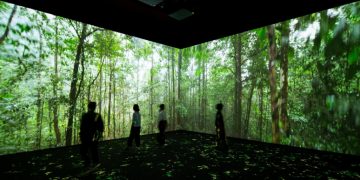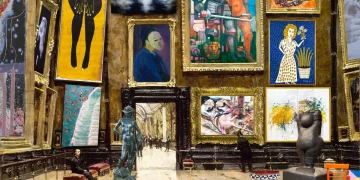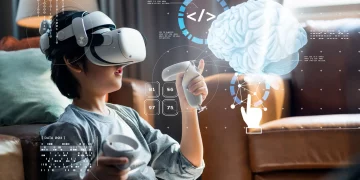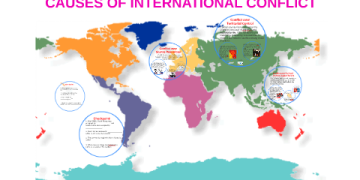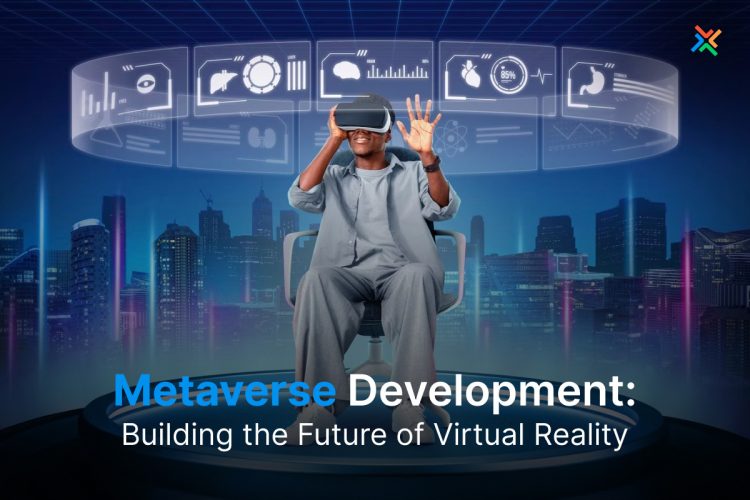Introduction: Entering the Age of Digital Immersion
Imagine stepping into a virtual concert where you can interact with fans worldwide, attend a global business meeting without leaving your home, or explore historical landmarks reconstructed in immersive 3D. This is the promise of the Metaverse—a digital ecosystem that blurs the boundaries between physical and virtual realities.
The Metaverse is not merely a technological novelty. It is transforming how humans interact, work, and experience leisure, redefining the structures of society and economy. This essay explores these transformations, offering a detailed analysis of how the Metaverse is reshaping daily life and what this means for the future.
1. Human Interaction in the Metaverse
1.1 Social Presence Beyond Borders
- Avatars enable people to express themselves creatively and transcend physical limitations.
- Real-time interaction fosters a sense of shared presence, even across continents.
1.2 Communities and Digital Belonging
- Virtual spaces host communities based on interests rather than geography.
- Example: VRChat and Roblox cultivate subcultures with their own norms and identities.
1.3 Challenges of Digital Identity
- Issues of anonymity, authenticity, and trust arise.
- Potential risks: cyberbullying, exclusion, and the commodification of identity.
2. Work in the Metaverse
2.1 The Rise of Virtual Workspaces
- Virtual offices replicate physical settings but expand possibilities (infinite space, instant customization).
- Companies like Meta and Microsoft are investing heavily in virtual collaboration tools.
2.2 Remote Collaboration and Productivity
- Global teams collaborate more efficiently in immersive environments.
- Reduced travel lowers costs and environmental impact.
2.3 Labor Market Transformation
- New jobs emerge: virtual architects, digital fashion designers, community moderators.
- Ethical concerns: labor exploitation in digital gig economies, surveillance risks.
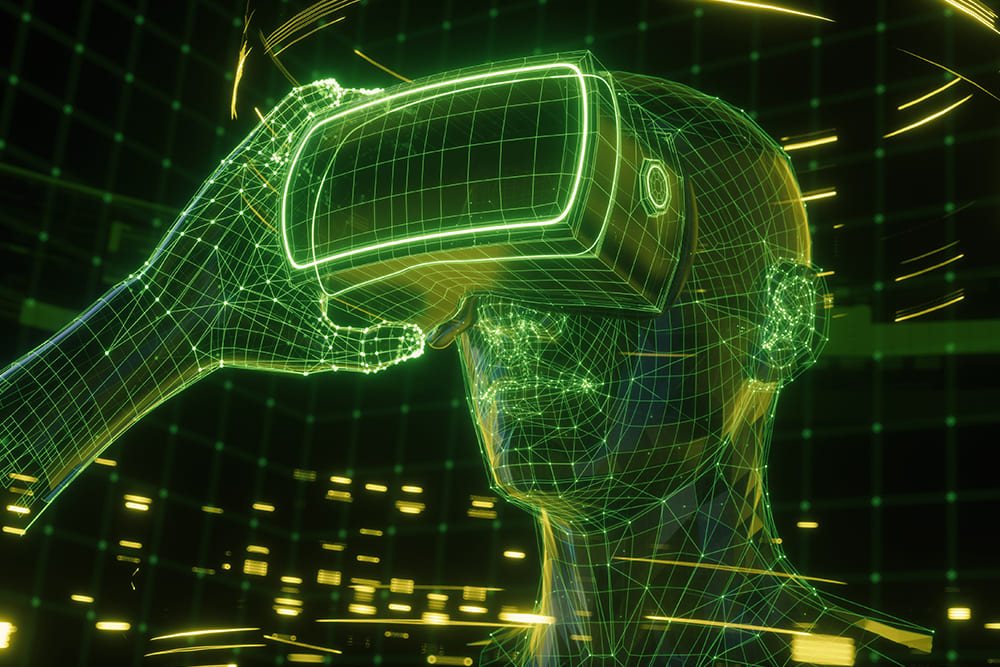
3. Leisure and Entertainment in the Metaverse
3.1 Gaming as a Cultural Foundation
- Gaming provides the building blocks of the Metaverse: persistent worlds, avatars, and interactive economies.
- Examples: Fortnite, Roblox, and Minecraft as proto-Metaverses.
3.2 Music, Sports, and Cultural Events
- Virtual concerts (e.g., Travis Scott in Fortnite) attract millions of attendees.
- Sporting events could reach global audiences in immersive arenas.
3.3 Tourism and Exploration
- Virtual museums and historical recreations expand cultural accessibility.
- VR travel reduces carbon footprints while offering immersive experiences.
4. Case Studies: The Metaverse in Action
Case 1: Education in Immersive Worlds
- Universities experimenting with VR classrooms (e.g., Stanford’s virtual campus).
- Enhances accessibility for remote learners.
Case 2: Healthcare Applications
- Virtual therapy sessions improve accessibility for mental health treatment.
- VR-based rehabilitation supports physical recovery.
Case 3: Retail and Commerce
- Fashion brands launch virtual stores and digital-only clothing lines.
- NFTs establish ownership in digital economies.
5. Risks and Ethical Dilemmas
- Privacy: Data tracking in immersive spaces surpasses traditional digital surveillance.
- Inequality: Access limited by cost of devices and internet infrastructure.
- Addiction: Excessive immersion may disrupt mental health and real-world responsibilities.
- Governance: Who regulates virtual worlds—corporations, governments, or communities?
6. Future Outlook: A World Beyond Reality
- Hybrid Lives: The future will blend physical and virtual activities seamlessly.
- Global Connectivity: The Metaverse could reduce cultural divides but also deepen digital inequalities.
- Redefinition of Value: Digital assets, experiences, and communities may become as important as physical ones.
- Toward Digital Citizenship: The Metaverse could give rise to new forms of governance, rights, and responsibilities.
Conclusion: Reimagining Human Experience
The Metaverse represents a profound transformation in how humans live, work, and play. By creating immersive, persistent, and interconnected virtual worlds, it redefines interaction, productivity, and entertainment. Yet, the promises of inclusivity and innovation must be balanced with careful attention to ethics, accessibility, and governance.
Ultimately, the Metaverse is not about escaping reality but about expanding its possibilities—enabling humans to live richer, more connected, and more creative lives beyond traditional boundaries.





